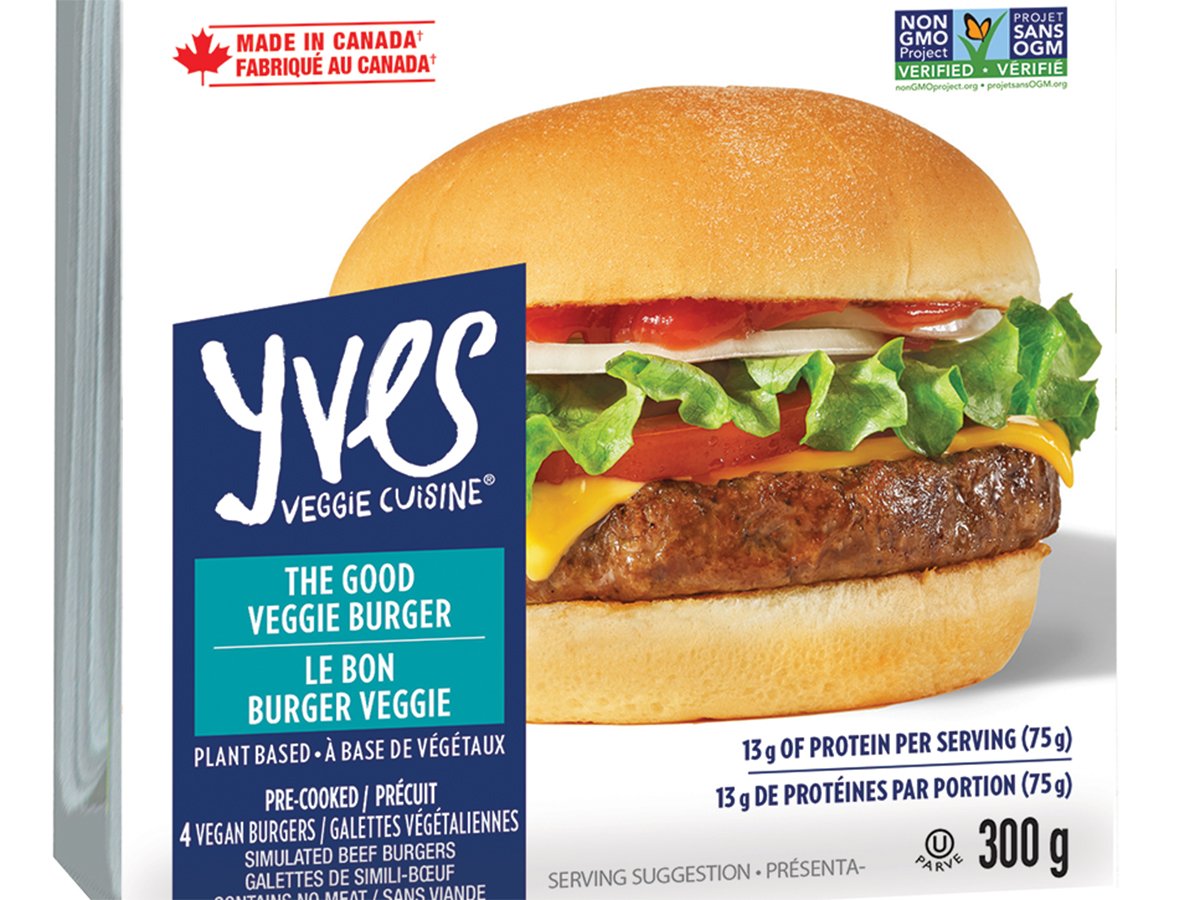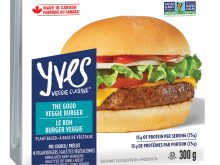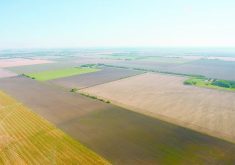The Ontario Federation of Agriculture, the most powerful farm group in the country’s largest and most diverse agricultural province, has a clear message for the more than 50,000 provincial producers: get political.
This week, official campaigning for the Oct. 10 provincial election begins and all three of the major political parties are angling for farm and rural votes in the more than 50 seats with a rural component and up to 30 in which rural votes are significant.
A total of 108 seats are at play.
Public opinion polls suggest the governing Liberals and opposition Progressive Conservatives are running neck-and-neck with a minority government a strong possibility.
Read Also

Plant-based ‘meat’ faces turning point
The U.S. firm that owns the Yves brand told CBC News that the “meat free” category has been in decline for several years, so the company made the difficult choice to pull Yves Veggie Cuisine products.
For the OFA, it is an opportunity.
“The Oct. 10 election is about much more than a warm handshake and a friendly smile,” OFA vice-president Bette Jean Crews said in a message to producers. “Farmers must become engaged to ensure their interests will be properly represented into the future.”
She said the issue was “putting agriculture on the ballot.”
All three parties have responded with platforms that promise continued support through safety net funding, rural infrastructure investment, buy-Ontario-produce campaigns and an insistence to Ottawa that Ontario be allowed to develop safety net programs suited to provincial conditions.
The last point will be the focus for provincial complaints about the federal government refusal to co-fund a price insurance risk management program designed by Ontario farm groups, implemented by the Liberal government and embraced by all provincial parties.
Ontario’s funding is pegged at 40 percent of the expected program cost, putting the onus on federal Conservatives to commit to the remaining 60 percent.
It is an issue Conservative leader John Tory, with close ties to the Stephen Harper government, will have to confront.
He staked his ground last week by trying to change the focus of the debate, arguing that the Liberals were too weak and narrow in their proposals to protect farmers from market fluctuations and unfair foreign competition.
He vowed to demand parity with Quebec’s ability to get federal financial support for its province-only programs.
“Quebec farmers benefit from a separate deal their province has struck with the federal government,” said the PC platform. “There is no reason why Ontario cannot do the same. What’s required is leadership.”
Tory said he would base a new Ontario farm support system on the Quebec model, giving Ontario farmers a “level playing field” with Quebec. “We would insist that the federal government be prepared to give Ontario farmers the same deal as the farmers of Quebec.”
For their part, the Liberals promised to keep doing what has drawn enthusiastic praise from farm leaders, including fighting for provincial “flexibility” in the new national farm policy framework.
Premier Dalton McGuinty also said rural health workers will be hired and rural roads will be improved.
New Democrat leader Howard Hampton said the NDP would support a made-in-Ontario farm income support system and an emphasis on selling Ontario produce to local markets.
The OFA is encouraging its members to organize local candidates’ meetings, ask questions and insist that the new government recognize farm and rural issues.
And they go far beyond farm-specific issues.
“Rural Ontario also needs access to adequate child care services, health and education services and reliable rural economic development programs,” Crews said.
















